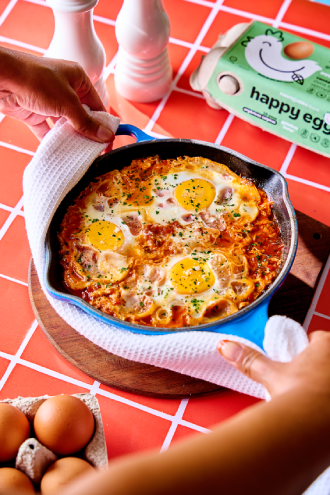About Us
JBS is one of the world’s leading food companies — but it goes beyond that.
From a small butcher shop in the countryside of Brazil to a global giant.
Our products are on the tables of millions of families. And, in addition to food, we operate in sectors such as leather, biodiesel, fertilizers, collagen, sausage casings, hygiene and beauty, metal packaging, transportation, waste management solutions, among others.
Our purpose is to feed the world in a sustainable way, taking care of the environment and people.
We feed the world with the best and most delicious products, with the goal of getting better every day.
Learn more about our story below
1953
The Beginning
In the city of Anápolis (GO), José Batista Sobrinho, known as "Zé Mineiro," began what would become JBS with the opening of Casa de Carnes Mineira (Mineira Butcher Shop).
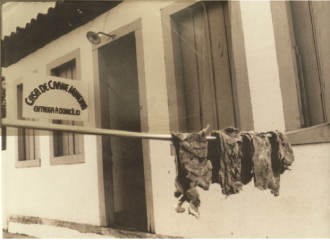
1957
Brasília (DF)
With the construction of Brasília, Zé Mineiro became one of the first meat suppliers for the workers building the city.
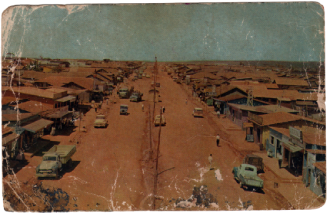
1970
Friboi
The company's founder expanded the business by acquiring the first processing plant in Formosa (GO) and creating the Friboi brand.
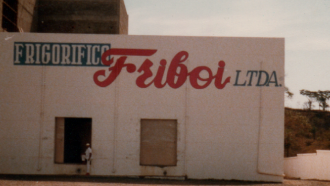
1980
Acquisition of the Planaltina (DF) Plant
With the purchase of the facility, JBS expanded its processing capacity and increased sales to the South and Southeast regions of Brazil.
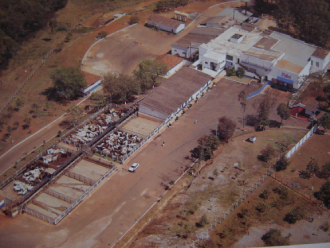
1993
Anápolis (GO) Unit – The First with a Deboning Room
The company leased and later acquired the Anápolis Unit from Grupo Bordon to increase production capacity. For the first time, deboned meat was sold.
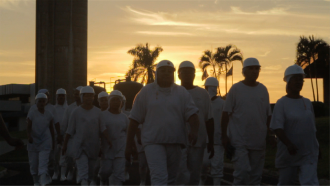
1996
Acquisition of the Goiânia (GO) Unit and Start of Exports
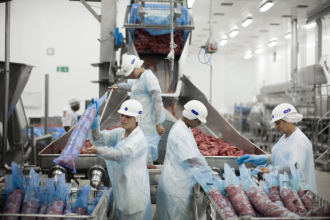
1997
Acquisition of the Barra do Garças (MT) Unit
This marked the beginning of the foundations of the JBS Management System, which improved the way factories were operated throughout Brazil.
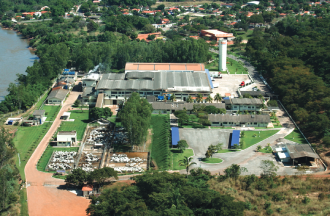
1999
Acquisition of the Andradina (SP) Unit
With the purchase of this facility, the company entered the processed foods business, enabling its entry into the U.S. market.
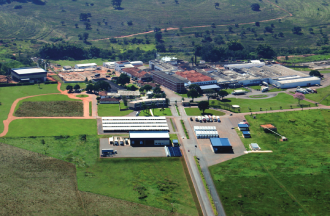
2004
Corporate Headquarters in São Paulo (SP)
This year marked a major milestone with the relocation of the company’s headquarters to São Paulo, centralizing operations in an iconic building for the meat sector.
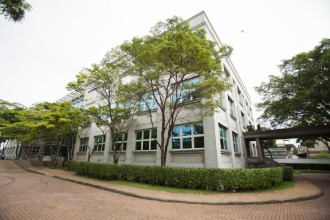
2005
Acquisition of Swift in Argentina
Began the internationalization process with the acquisition of Swift Armour’s operations in Argentina.
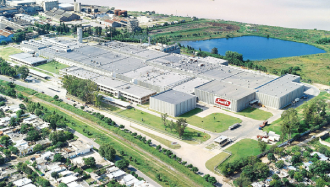
2007
IPO and Acquisition of Swift in the U.S and Australia
The year was transformational. JBS went public on the B3 – The Brazilian Stock Exchange, the largest IPO ever recorded in the domestic market up to that date. The company was renamed JBS. In the same year, JBS also acquired Swift in both the United States and Australia.
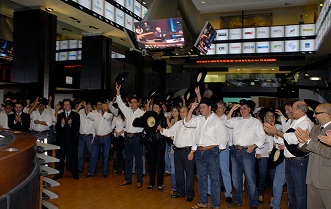
2008
Expansion Abroad
Strengthened its global presence by acquiring the Tasman Group in Australia, the beef division of Smithfield in the U.S., and the Five Rivers feedlots.
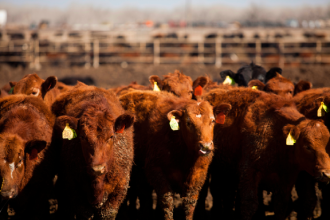
2009
Acquisition of Pilgrim's Pride in the U.S. and incorporation of Bertin in Brazil
It entered the poultry and prepared chicken-based food sector with the acquisition of control of Pilgrim's, one of the largest chicken producers in the world. In Brazil, the deal with Bertin represented the consolidation of JBS as a leading company in the cattle segment and allowed it to start in the leather processing sector.
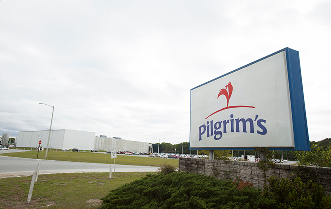
2011
Acquisition of Rigamonti
Expanded in the European market with the acquisition of the Italian cured meats company.
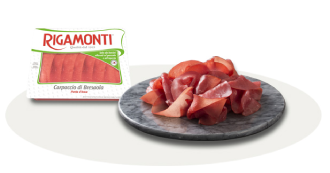
2013
Acquisition of Seara
Acquired Seara and became one of the leaders in the poultry, pork, and prepared foods sectors in Brazil. In the same year, in North America, JBS acquired the assets of XL Foods in the United States and Canada.
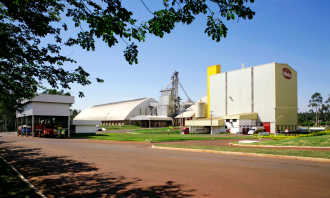
2013
World’s Largest Leather Processor
Acquired Zenda, a leading leather company headquartered in Uruguay. This acquisition made JBS the largest leather processor in the world.
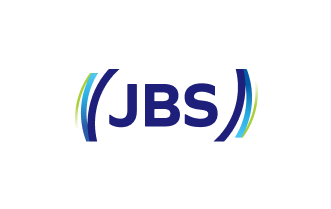
2014
Expansion of Poultry Operations in Brazil and Mexico
JBS acquired Tyson’s poultry operations in Brazil and Mexico.
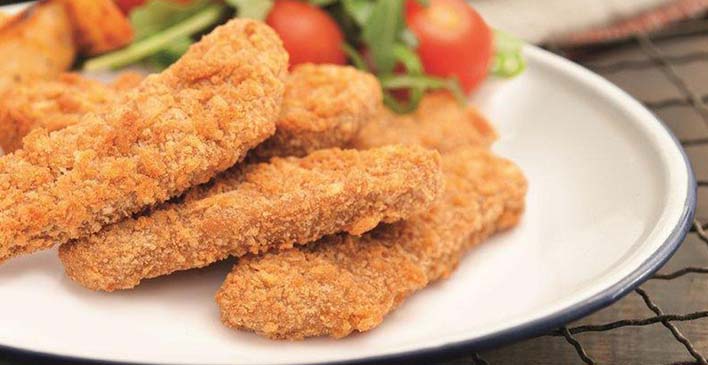
2015
Global Expansion and International Consolidation
The company acquired Primo Smallgoods, a market leader in Australia, and Moy Park, strengthening its presence in Europe. In the U.S., it acquired Cargill's pork operations, making JBS the second-largest pork processor in the U.S. market.
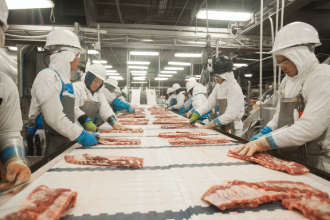
2016
Acquisition of Gold’n Plump
This acquisition expanded production and customer base worldwide and enriched the portfolio with high value-added products.
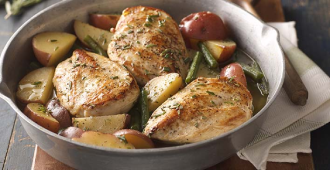
2019
New Acquisitions in the UK and Brazil
Pilgrim’s acquired Tulip, becoming a leader in protein and prepared foods in Europe. In Brazil, Seara acquired Marba, a traditional brand of cold cuts and cured meats, enhancing its premium portfolio.
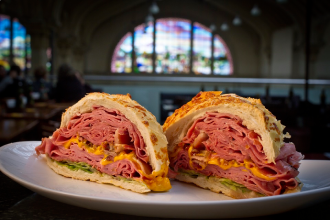
2020
Launch of Key Strategic Projects
Launched impactful initiatives like Fazer o Bem Faz Bem and the JBS Fund for the Amazon. In Brazil, through Seara, JBS acquired Bunge’s margarine and mayonnaise assets. In the U.S., JBS USA completed the acquisition of a stake in Empire Packing Company, L.P.
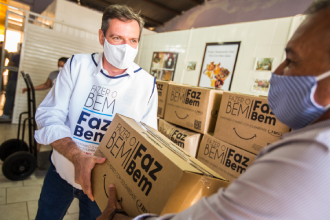
2021
Aquisitions and expansion in Europe, the U.S and Australia
JBS acquired Vivera, the third largest producer of plant-based products in Europe. Through Pilgrim's Pride, it acquired the Kerry Meats and Kerry Meals brands. In the same year, Rigamonti acquired the Kings Group, a market leader in the production of Italian charcuterie, with factories in Italy and the USA. In Australia, it acquired Rivalea, the country's leading pork producer, and entered the aquaculture business with the purchase of Huon Aquaculture.
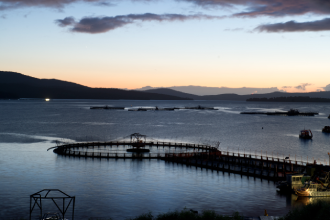
2022
Increased Investment in New Segments
JBS USA announced the acquisition of TriOak Foods, strengthening its pork supply capabilities. The acquisition of corporate control of Spain’s BioTech Foods was also completed, marking JBS’s entry into the cultivated protein market.
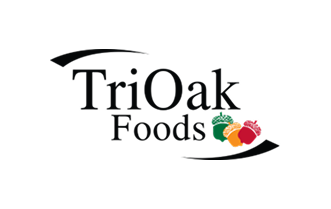
2023
70 Years of History
From a small butcher shop in rural Brazil to one of the world’s largest food companies in 70 years.
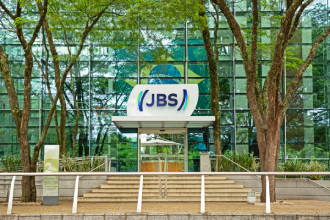
2024
Start of Operations of JBS Terminals
Expanded its business by operating the Itajaí Port (SC), one of Brazil's major port hubs.
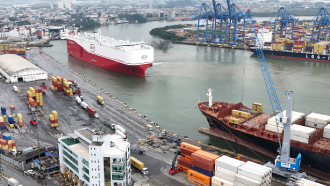
2025
Acquisition of 50% of Mantiqueira
Entered the egg category by acquiring 50% of Mantiqueira, the largest egg producer in South America.
